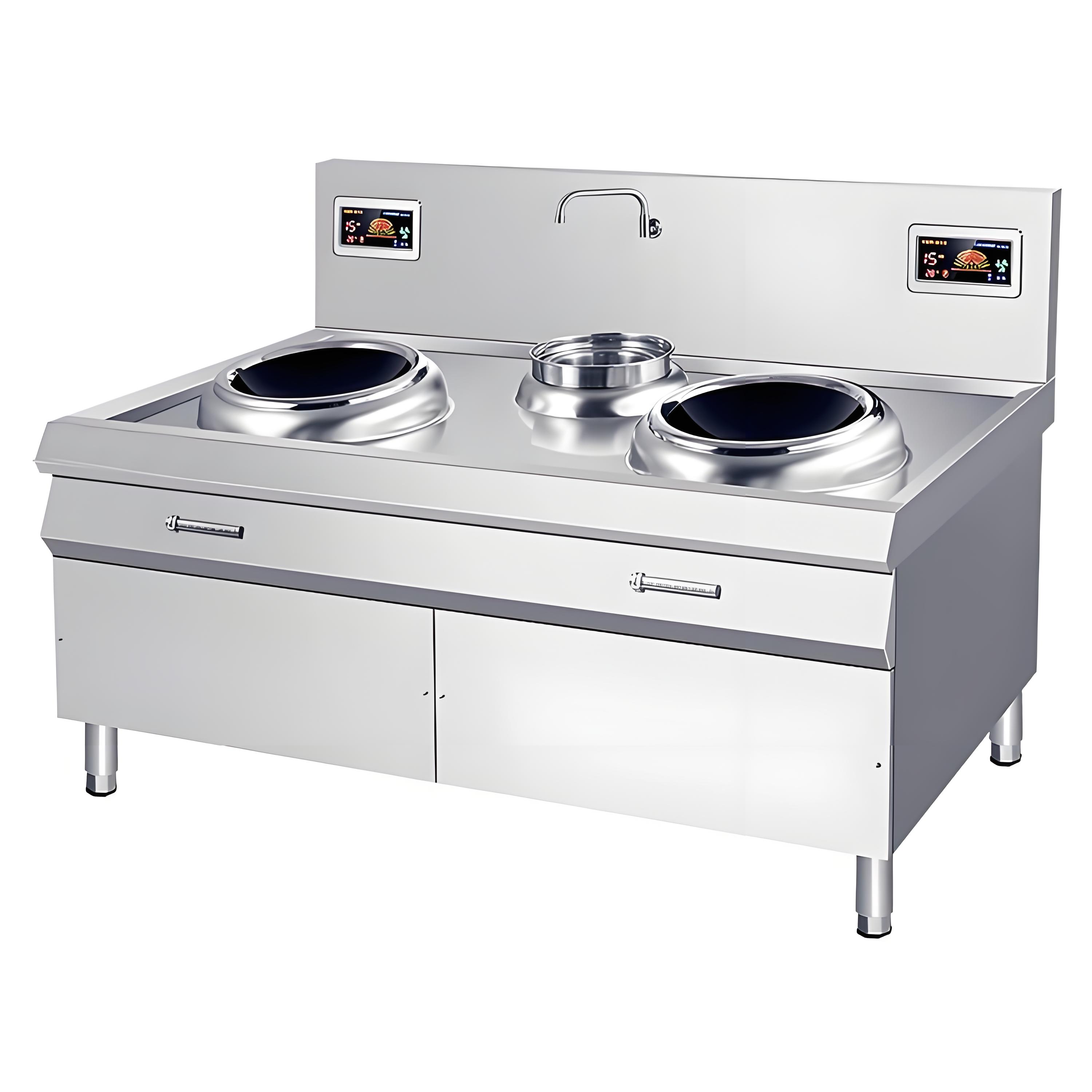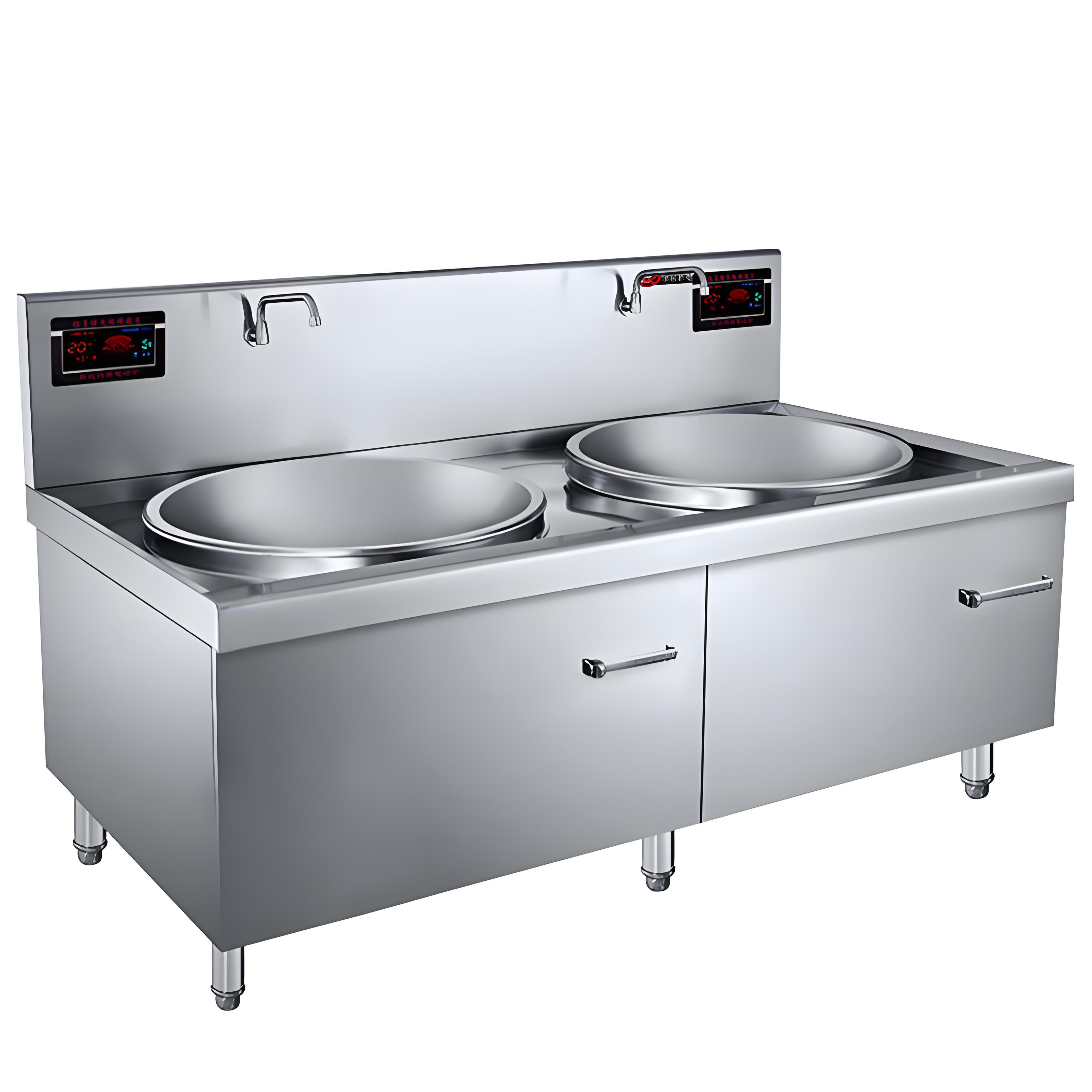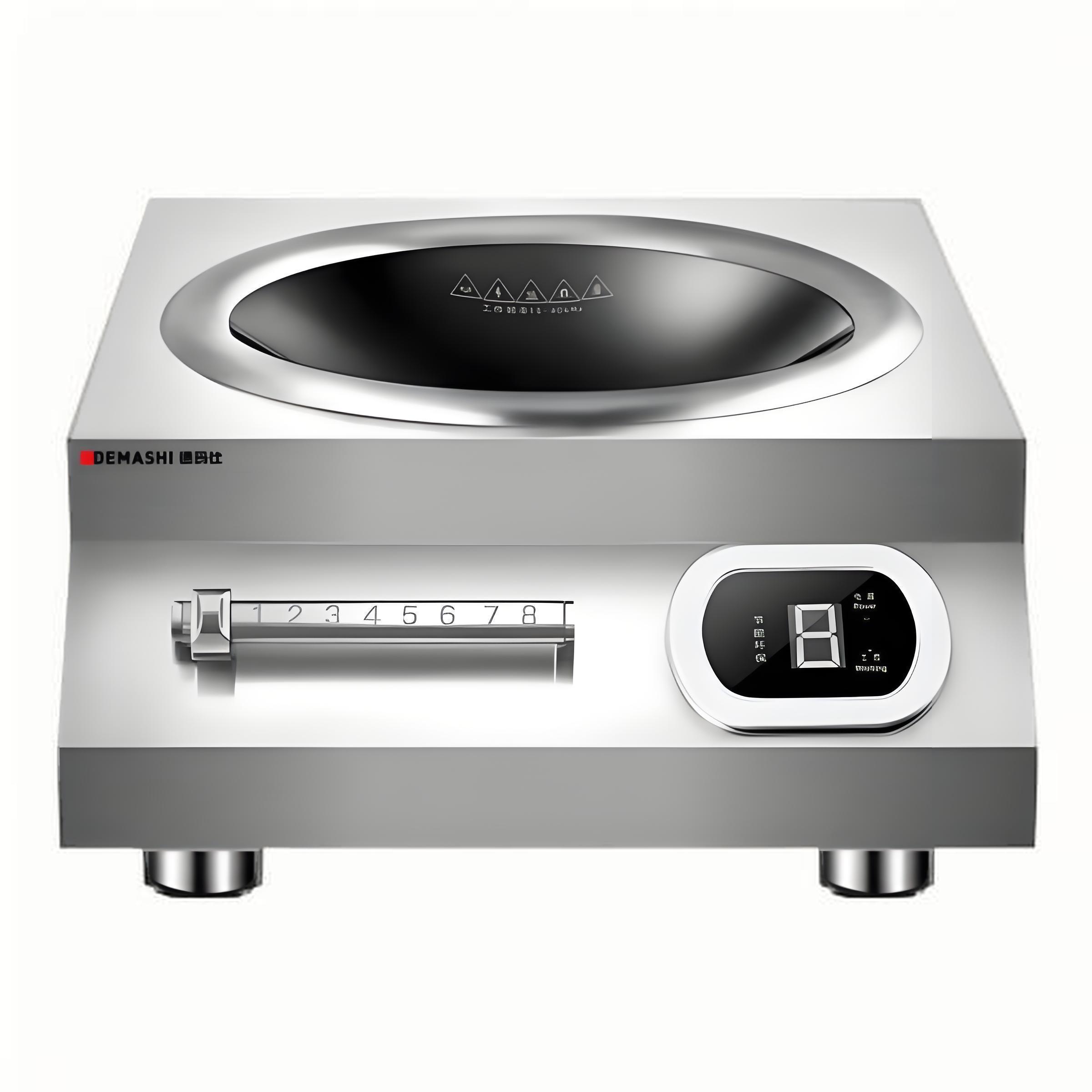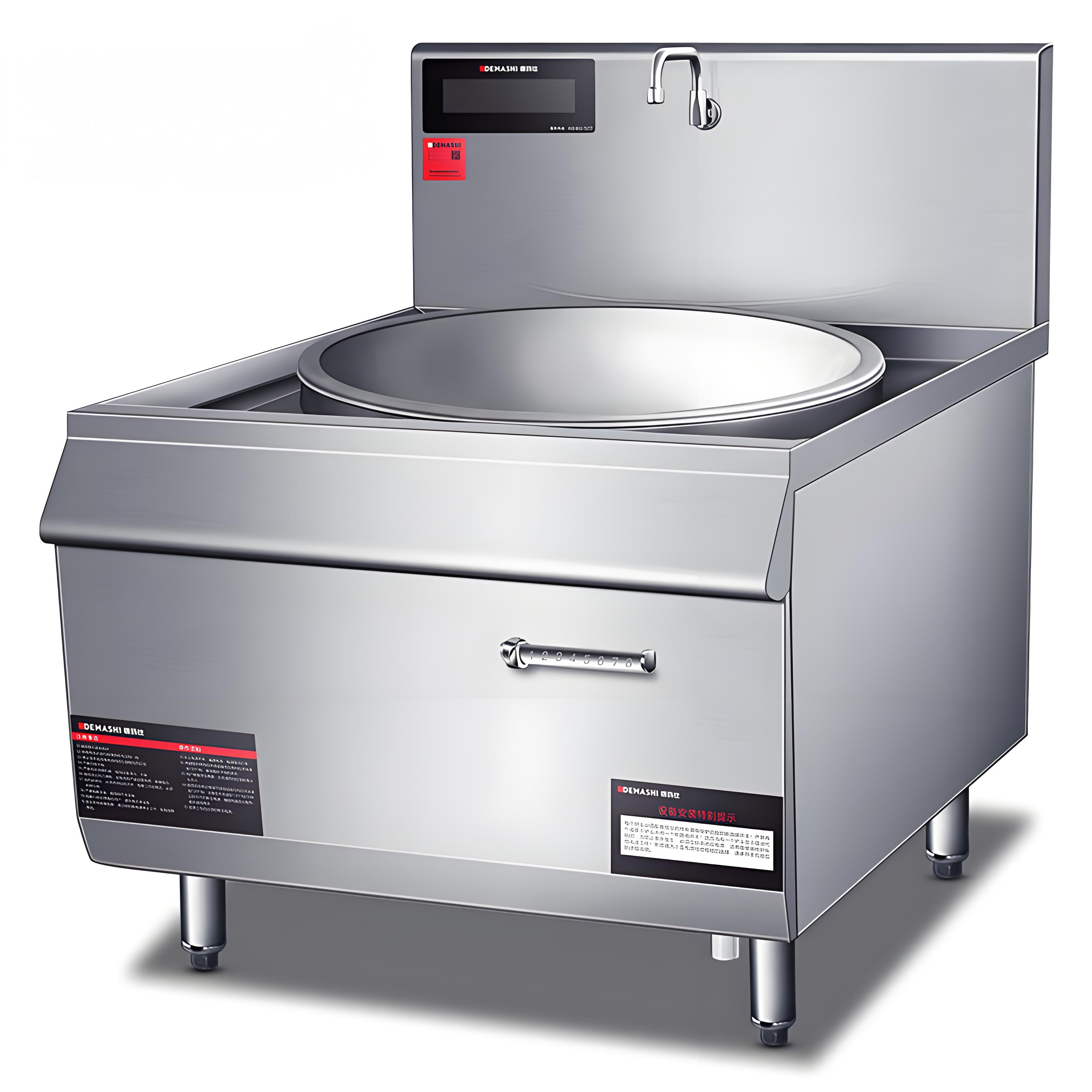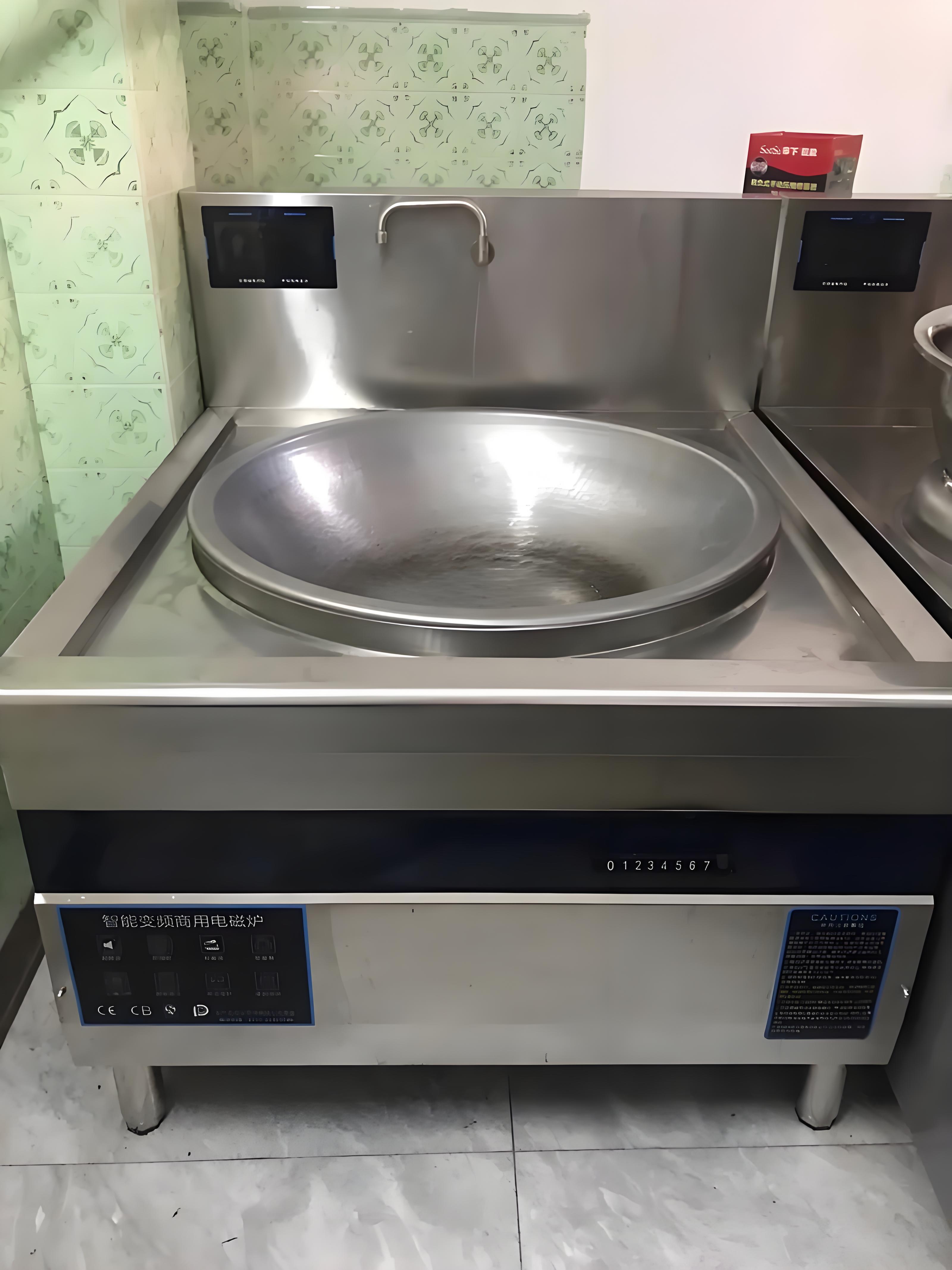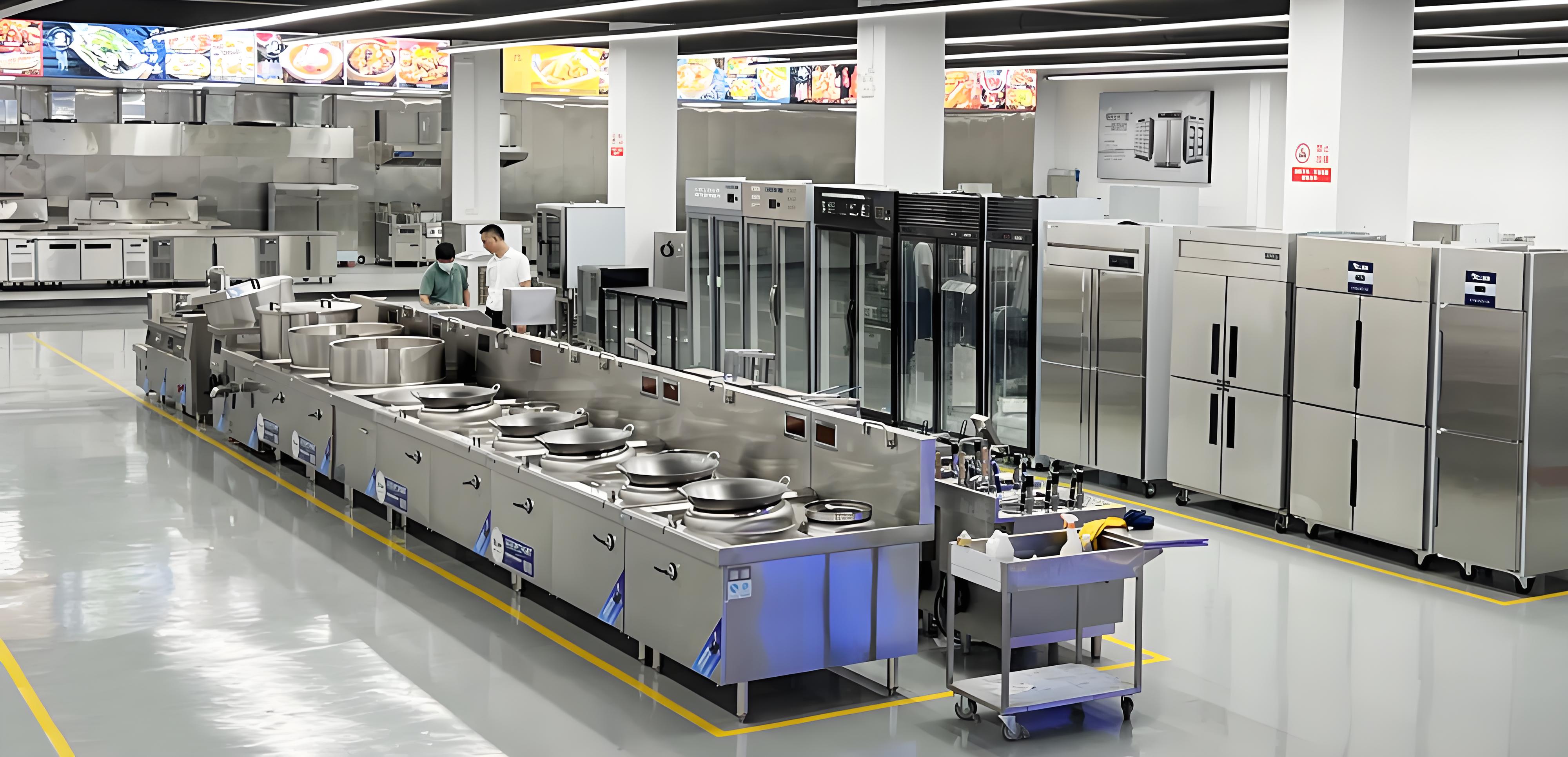In the bustling world of hospitality, the kitchen is the heart of operations. As someone who has spent years navigating the intricacies of commercial kitchen equipment, from small cafes to large-scale hotels, I’ve witnessed firsthand the transformative impact of choosing the right tools. Among these, high-power induction cookers stand out as a game-changer, offering efficiency, safety, and precision that traditional gas stoves often struggle to match. However, selecting the perfect induction cooker for your hotel isn’t as straightforward as it might seem. It requires a deep understanding of your kitchen’s needs, the technical specifications of the equipment, and the long-term implications of your choice. In this guide, I’ll walk you through the essential factors to consider when purchasing high-power induction cookers for your hotel, ensuring you make an informed decision that enhances both efficiency and guest satisfaction.
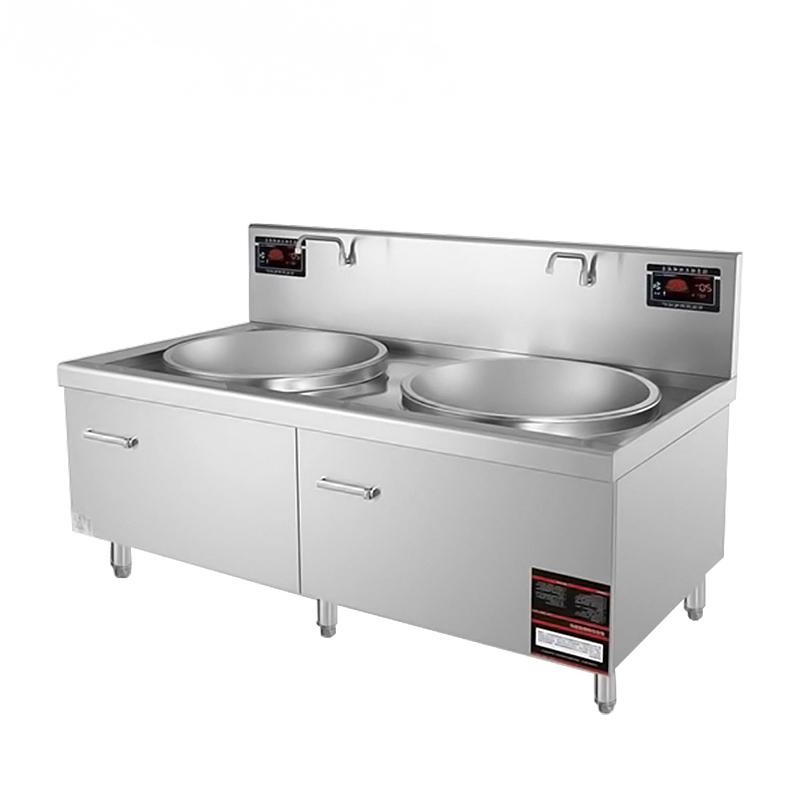
Understanding the Basics: Why Induction?
Before diving into the selection process, it’s crucial to understand why induction cookers are becoming the preferred choice for many hotels. Unlike traditional gas stoves, which rely on open flames to heat cookware, induction cookers use electromagnetic fields to directly heat the pot or pan. This method offers several advantages:
Energy Efficiency: Induction cookers convert up to 90% of their energy into heat, compared to just 40-55% for gas stoves. This translates to significant cost savings over time, especially in high-volume kitchens.
Safety: With no open flame, induction cookers reduce the risk of fire hazards and burns, making them a safer option for busy kitchens.
Precision Control: Induction cookers offer precise temperature control, allowing chefs to adjust heat levels with greater accuracy than gas stoves.
Speed: Induction cookers heat up faster than gas stoves, reducing cooking times and improving kitchen efficiency.
Cleanliness: The smooth, flat surface of induction cookers is easy to clean, with no grates or burners to trap food particles and grease.
Given these benefits, it’s no surprise that many hotels are making the switch to induction. However, not all induction cookers are created equal, especially when it comes to high-power models designed for commercial use.
Key Factors to Consider When Selecting High-Power Induction Cookers
1. Power Output and Cooking Capacity
One of the most critical considerations when selecting a high-power induction cooker is its power output, measured in watts (W) or kilowatts (kW). Higher power output means faster heating and the ability to handle larger quantities of food, which is essential in a hotel kitchen where time and efficiency are of the essence.
For Small to Medium Hotels: A cooker with a power output of 3.5kW to 5kW should suffice for most cooking tasks, including boiling, frying, and sautéing.
For Large Hotels and Banquet Halls: Opt for cookers with 7kW or higher power output to handle high-volume cooking, such as simmering large pots of soup or stew, or boiling water for pasta in bulk.
It’s also important to consider the number of cooking zones and their individual power outputs. Some high-power induction cookers feature multiple zones, each with adjustable power settings, allowing for greater flexibility in the kitchen.
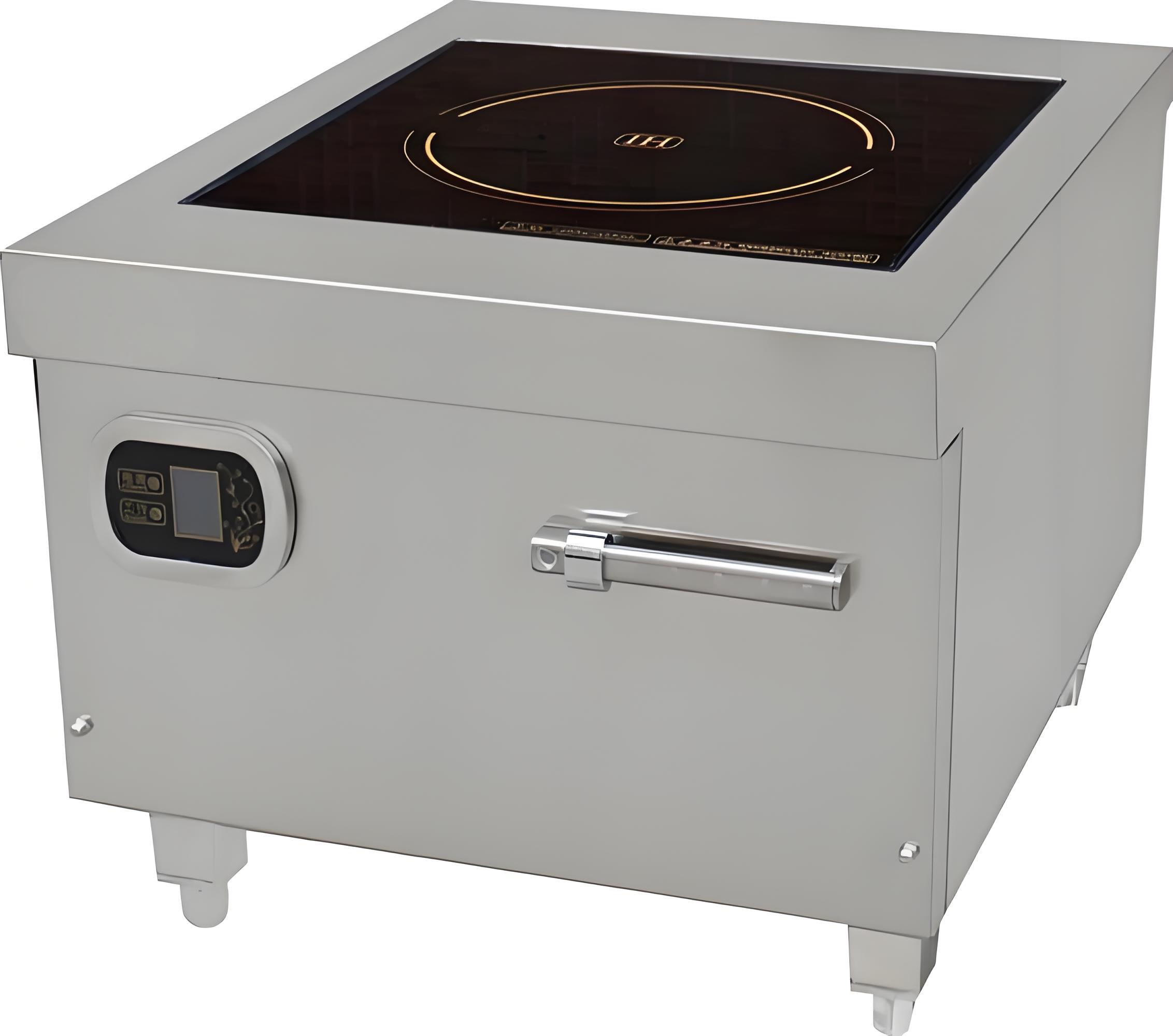
Table 1: Recommended Power Output Based on Hotel Size
| Hotel Size | Recommended Power Output | Number of Cooking Zones |
|---|---|---|
| Small (up to 50 rooms) | 3.5kW – 5kW | 1-2 |
| Medium (50-150 rooms) | 5kW – 7kW | 2-4 |
| Large (150+ rooms) | 7kW+ | 4+ |
2. Cookware Compatibility
Induction cookers require magnetic cookware to function properly. This means that pots and pans must be made of ferromagnetic materials, such as cast iron or stainless steel, with a flat bottom that makes good contact with the cooker’s surface.
Check Compatibility: Before purchasing an induction cooker, ensure that your existing cookware is compatible. If not, you’ll need to invest in new pots and pans, which can add to the overall cost.
Consider Induction-Ready Cookware Sets: Many manufacturers offer induction-ready cookware sets designed specifically for use with induction cookers. These sets often feature a flat, wide base for optimal heat distribution and may include a variety of pot and pan sizes to suit different cooking needs.
3. Control Panel and User Interface
The control panel and user interface of an induction cooker play a significant role in its ease of use and functionality. Look for models with intuitive, easy-to-read displays and responsive touch controls that allow for precise temperature adjustments.
Digital Displays: A clear digital display shows the current temperature, power level, and cooking time, making it easy for chefs to monitor and adjust settings as needed.
Preset Cooking Modes: Some induction cookers come with preset cooking modes for common tasks, such as boiling, frying, or simmering. These modes can save time and ensure consistent results, especially for less experienced kitchen staff.
Timer Function: A built-in timer allows chefs to set cooking times and walk away, knowing that the cooker will automatically turn off when the time is up. This feature is particularly useful for busy kitchens where multitasking is essential.
4. Safety Features
Safety should always be a top priority in any commercial kitchen. When selecting a high-power induction cooker, look for models with the following safety features:
Overheat Protection: This feature automatically shuts off the cooker if it detects that the surface or cookware is overheating, preventing damage to the equipment and reducing the risk of fire.
Child Lock: A child lock prevents accidental changes to the cooker’s settings, ensuring that it operates safely even in busy kitchens with multiple staff members.
Auto Shut-Off: Some induction cookers feature an auto shut-off function that turns off the cooker after a certain period of inactivity, saving energy and reducing wear and tear on the equipment.
Pan Detection: This feature ensures that the cooker only operates when a compatible pot or pan is placed on the cooking zone, preventing accidental activation and potential burns.
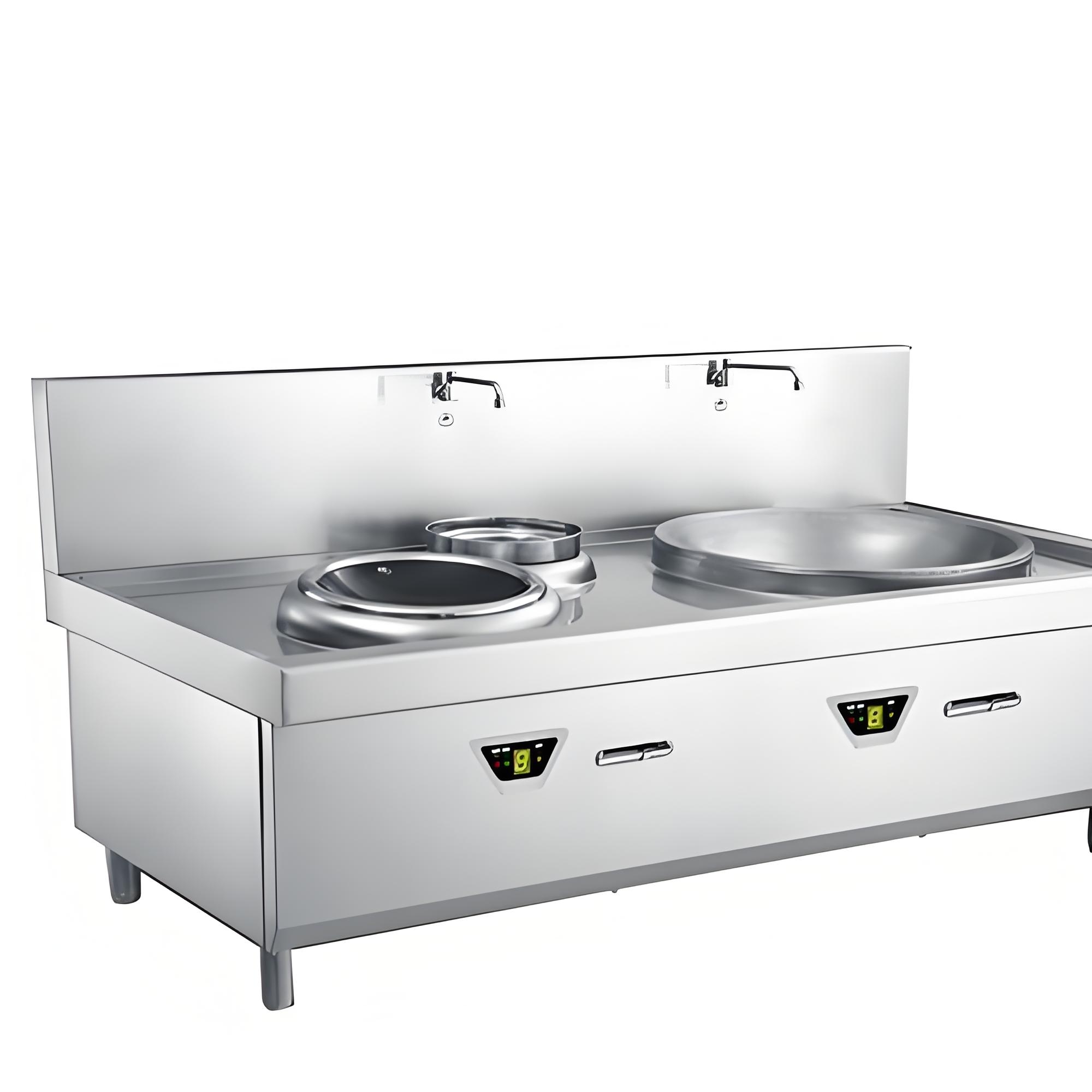
5. Durability and Build Quality
In a high-volume hotel kitchen, induction cookers are subjected to constant use and abuse. Therefore, it’s essential to choose a model with durable construction and high-quality materials that can withstand the rigors of daily operation.
Stainless Steel Construction: Look for induction cookers with a stainless steel frame and housing, as this material is resistant to corrosion, heat, and impact.
Ceramic Glass Cooktop: The cooktop should be made of high-quality ceramic glass that is scratch-resistant and easy to clean. Avoid models with plastic or low-grade glass cooktops, as these are more prone to damage and may not distribute heat evenly.
Cooling System: A robust cooling system, such as a built-in fan or heat sink, helps to dissipate heat generated during operation, preventing overheating and extending the lifespan of the cooker.
6. Brand Reputation and After-Sales Support
When investing in high-power induction cookers for your hotel, it’s important to choose a reputable brand with a proven track record of quality and reliability. Research the manufacturer’s reputation, read customer reviews, and ask for recommendations from other hotel owners or chefs.
Warranty: Look for models with a comprehensive warranty that covers parts and labor for at least one year. Some manufacturers offer extended warranties or additional coverage options for an additional fee.
After-Sales Support: Ensure that the manufacturer provides prompt and reliable after-sales support, including technical assistance, spare parts availability, and repair services. A responsive support team can minimize downtime and keep your kitchen running smoothly.
7. Cost and Budget Considerations
While cost shouldn’t be the sole determining factor when selecting a high-power induction cooker, it’s important to consider your budget and the long-term value of the equipment. High-quality induction cookers may have a higher upfront cost, but they often offer significant cost savings over time through reduced energy consumption, lower maintenance costs, and longer lifespan.
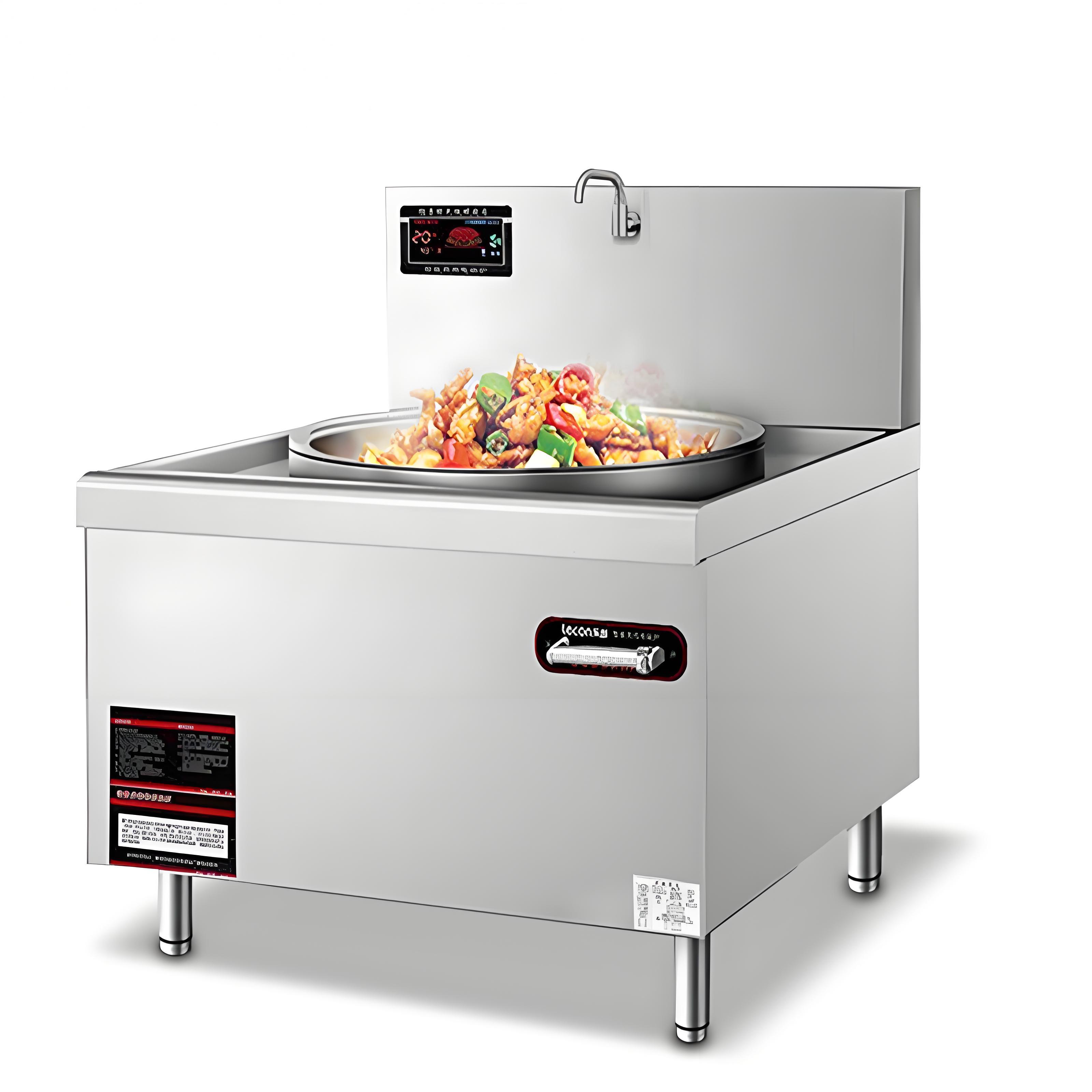
Compare Prices: Shop around and compare prices from different manufacturers and suppliers to ensure you’re getting the best value for your money.
Consider Total Cost of Ownership: In addition to the purchase price, factor in the cost of installation, maintenance, repairs, and energy consumption over the lifespan of the cooker. A more expensive model with lower operating costs may be a better investment in the long run.
Making the Decision: A Step-by-Step Approach
Now that you’re familiar with the key factors to consider when selecting a high-power induction cooker, here’s a step-by-step approach to help you make the right decision for your hotel:
Assess Your Kitchen’s Needs: Consider the size of your hotel, the volume of cooking you do, and the types of dishes you prepare most frequently. This will help you determine the appropriate power output and number of cooking zones needed.
Evaluate Your Existing Cookware: Check if your current pots and pans are compatible with induction cookers. If not, factor in the cost of purchasing new cookware when budgeting for your new equipment.
Research Brands and Models: Look for reputable brands with a proven track record of quality and reliability. Read customer reviews, ask for recommendations, and compare specifications and features to narrow down your options.
Request Demos and Quotes: Contact suppliers or manufacturers to request demos of the induction cookers you’re interested in. This will give you a firsthand look at the equipment’s performance and ease of use. Additionally, ask for detailed quotes that include the purchase price, installation costs, and any additional fees or charges.
Consider Long-Term Value: While cost is an important consideration, don’t base your decision solely on the upfront price. Consider the total cost of ownership, including energy consumption, maintenance costs, and lifespan, to ensure you’re making a sound investment.
Make Your Purchase: Once you’ve evaluated all the factors and compared your options, it’s time to make your purchase. Choose a supplier or manufacturer that offers reliable after-sales support and a comprehensive warranty to protect your investment.
Conclusion
Selecting the right high-power induction cooker for your hotel is a critical decision that can significantly impact your kitchen’s efficiency, safety, and overall performance. By considering factors such as power output, cookware compatibility, control panel and user interface, safety features, durability and build quality, brand reputation and after-sales support, and cost and budget considerations, you can make an informed decision that meets your kitchen’s unique needs and enhances the guest experience. Remember, the goal is to invest in equipment that not only improves your kitchen’s operations but also contributes to the long-term success of your hotel.
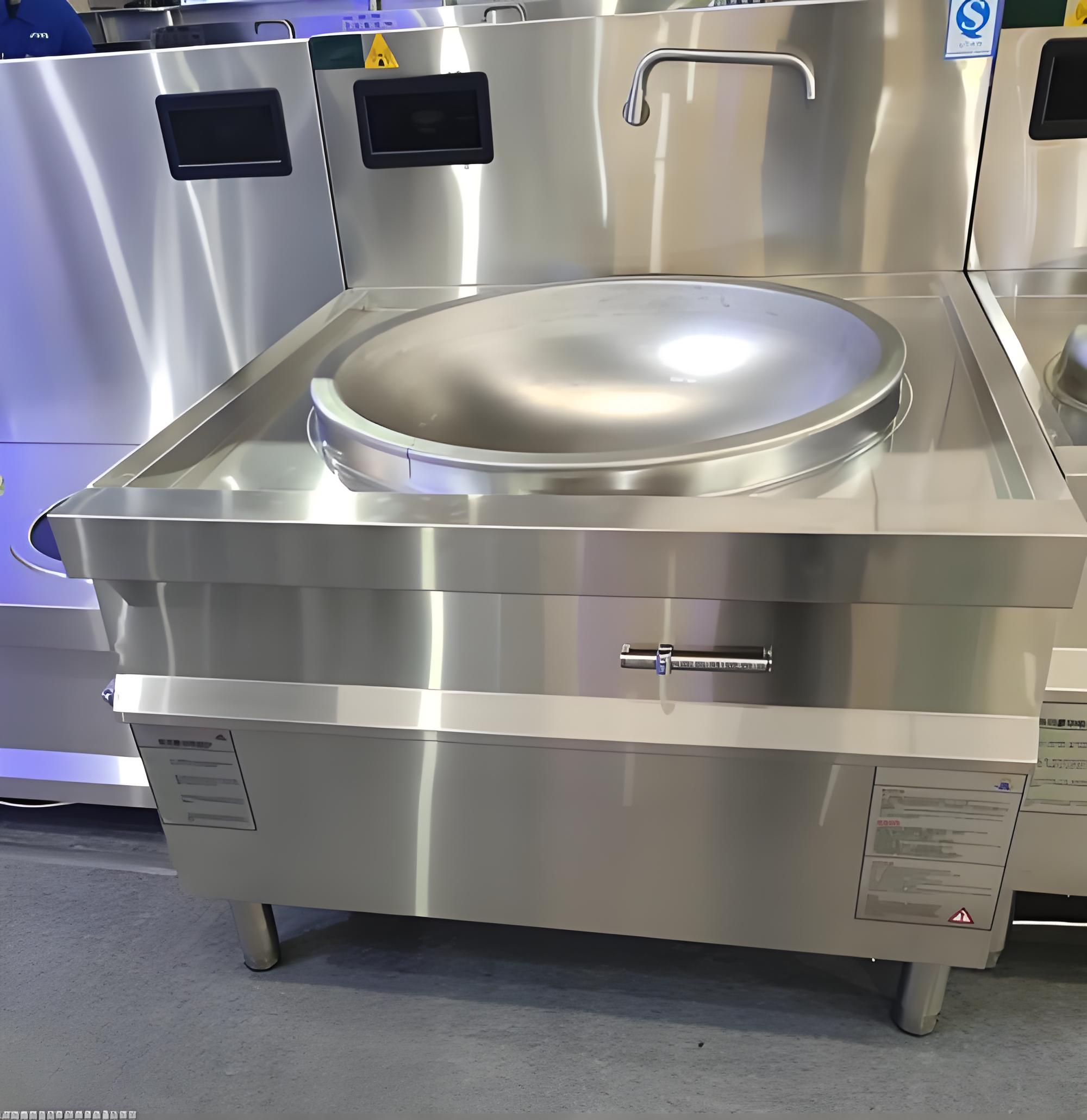
Related Q&A
Q: Can I use my existing gas stove cookware with an induction cooker?
A: Not all gas stove cookware is compatible with induction cookers. Induction cookers require magnetic cookware, such as cast iron or stainless steel, with a flat bottom. If your existing cookware is not magnetic or does not have a flat bottom, you’ll need to purchase new pots and pans that are compatible with induction cookers.
Q: How long do high-power induction cookers typically last?
A: The lifespan of a high-power induction cooker depends on several factors, including the quality of construction, frequency of use, and maintenance practices. On average, a well-maintained induction cooker can last 8-10 years or more. Regular cleaning, proper use, and timely repairs can help extend the lifespan of your equipment.
Q: Are induction cookers more expensive to operate than gas stoves?
A: While the upfront cost of an induction cooker may be higher than that of a gas stove, induction cookers are generally more energy-efficient and cost-effective to operate in the long run. Induction cookers convert up to 90% of their energy into heat, compared to just 40-55% for gas stoves, resulting in significant cost savings over time. Additionally, induction cookers do not require a gas supply, which can further reduce operating costs.
Q: Can I install an induction cooker myself, or do I need professional installation?
A: While some induction cookers may be designed for easy installation, it’s generally recommended to have a professional install your new equipment, especially in a commercial kitchen setting. Professional installers have the experience and expertise to ensure that your induction cooker is installed correctly and safely, minimizing the risk of damage or malfunction. Additionally, professional installation may be required to maintain the warranty on your equipment.
Q: What are the maintenance requirements for a high-power induction cooker?
A: Regular maintenance is essential to keep your high-power induction cooker operating at peak performance. Maintenance tasks may include cleaning the cooktop and cooking zones, checking for loose connections or damaged components, and ensuring that the cooling system is functioning properly. It’s also important to follow the manufacturer’s recommended maintenance schedule and have your equipment serviced by a qualified technician as needed.
